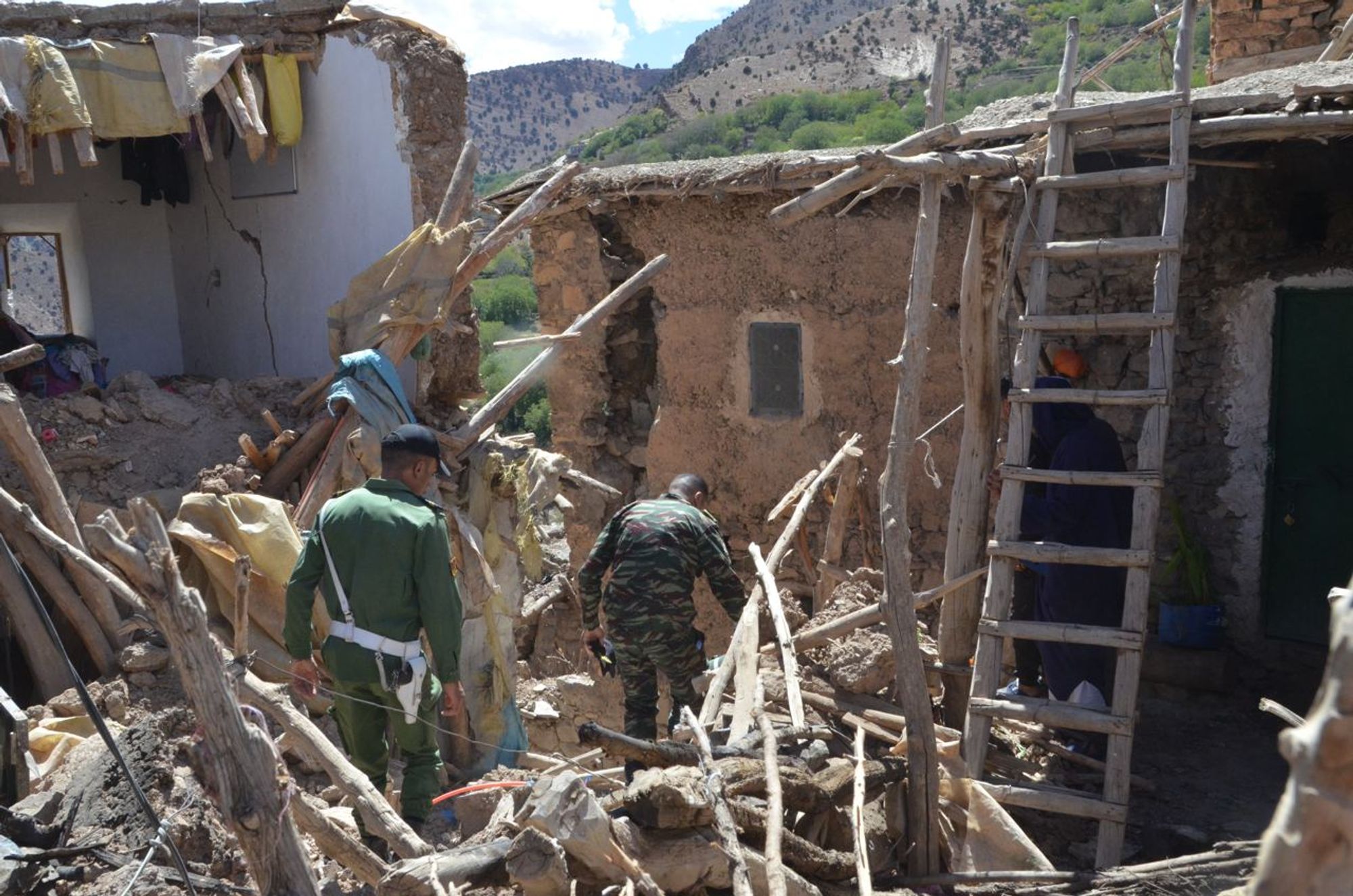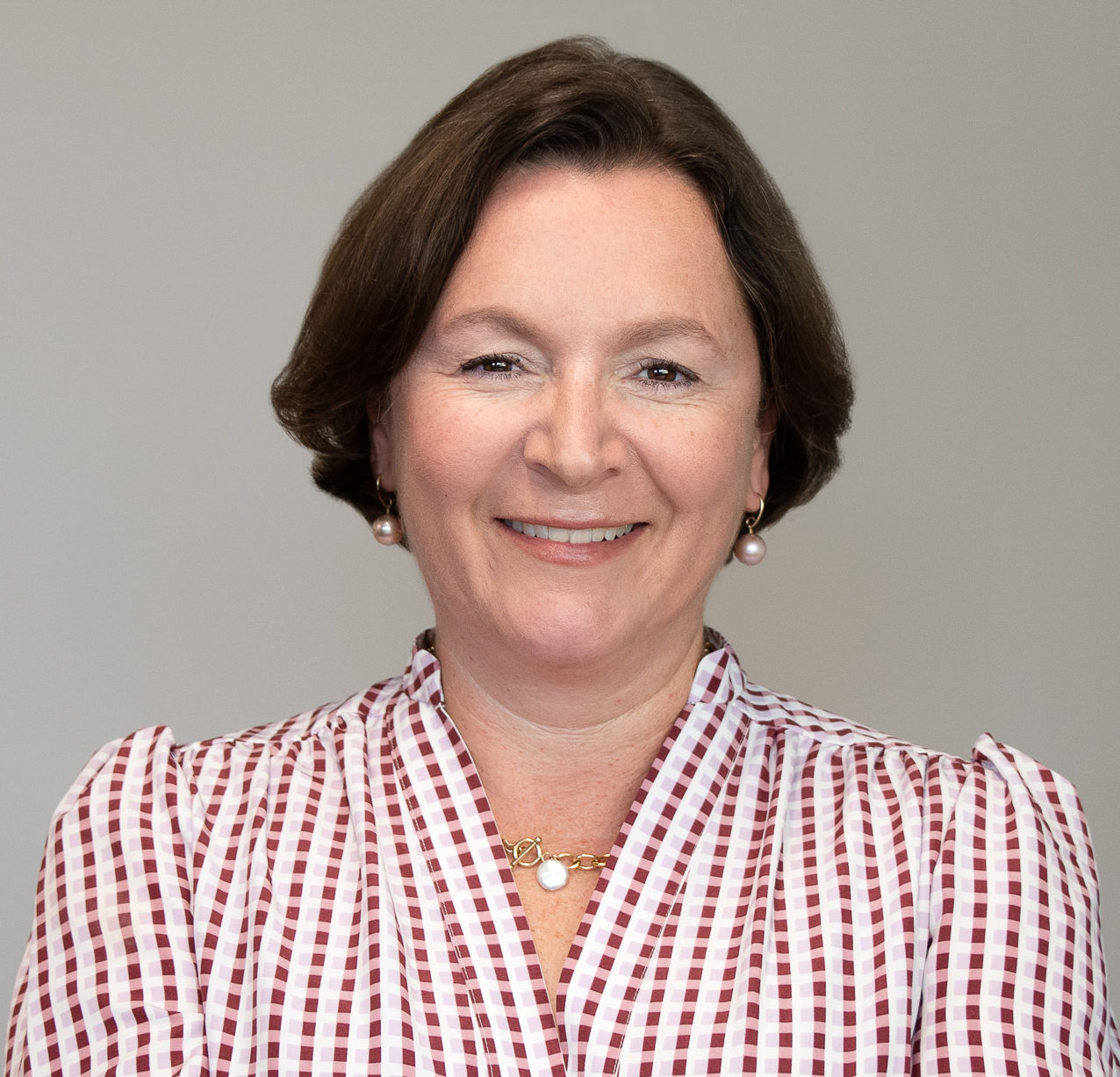How to help Morocco’s earthquake survivors

Once again this year, aching images of suffering and devastation are filling our newsfeeds – this time from Morrocco. A 6.8 magnitude earthquake struck close to the Atlas Mountains, affecting huge swaths of central and southern parts of the country.
Although more than 2,000 people are confirmed dead and a similar number injured, there is still so much we do not know about the effects of this earthquake. The United Nations Office for the Coordination of Humanitarian Affairs (UNOCHA) reported that 300,000 civilians are affected; I suspect that figure will increase dramatically in the coming weeks.
While the damage in the urban city of Marrakesh affected highly visible tourist attractions including the 12th century walls around the city and the Medina, a UNESCO World Heritage Site, rural communities were even more affected but are hidden from sight. As we note in our Rural Populations Issue Insight, “rural communities’ decentralized nature means fewer people are available to support response and recovery and are often a lower priority for infrastructure repair and restoration.” Not only are the affected communities rural, but they live in difficult-to-access mountainous regions. In an interview with Al Jazeera, a Moroccan senator described the affected region as “very difficult terrain.” The remote nature of this earthquake increases the level of difficulty in the early days of search and rescue, relief efforts and long-term recovery work.
Although every disaster has unique characteristics, four truths are consistent:
- Historically marginalized populations will become increasingly marginalized.
- Economic losses will be felt most keenly by small businesses.
- Recovery for rural and isolated communities, such as those affected by the earthquake outside Marrakesh, will take longer and require intention and perseverance.
- Recovery from this earthquake will take years and require sustained attention from governmental and nongovernmental actors as well as communities themselves. Recovery will require an all-hands-on-deck approach.
It may feel daunting for philanthropy to understand where to pitch in; I’ll offer these suggestions as a starting points:
- Support local organizations with a pre-existing presence on the ground, especially those working with historically marginalized populations without access to resources.
- Support economic recovery, especially locally-owned enterprises that serve as the backbone of Morrocco’s rich culture.
- Support efforts that promote an equitable recovery. Look future forward and consider how your investment today could benefit Morocco 10 years from now.
How to Help
Donors can support efforts to meet the ongoing and ever-expanding challenges that Morocco’s earthquake survivors will encounter through the Center for Disaster Philanthropy’s Global Recovery Fund.
Our website has a wealth of resources, including a Morocco earthquake disaster profile and this deep dive into earthquakes.
We are also a phone call or an email away! Please do not hesitate to reach out to me or any member of the CDP team if you have questions about this tragic earthquake, its effects and the road to recovery.
